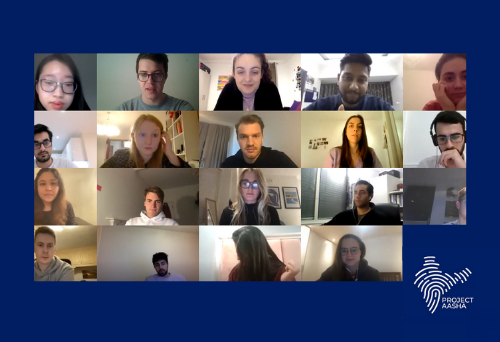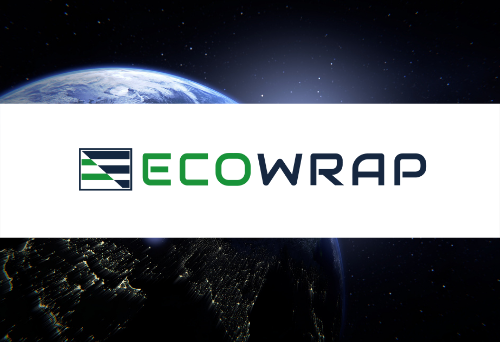Rafael Piedade (MiM2021), Vincenz Mautner-Markhof (MFA2021), Khyati Narula (MiM2021), Yixun Sun (MiM2021)
During this year we had the opportunity to work in team for Project Aasha, an impact consulting project in collaboration with Labhya Foundation, an NGO, which aims to enable children to cope with the ill-effects of poverty and to become lifelong learners through social emotional learning.
The problem
The project consisted of the design of an engagement strategy for Labhya’s current and potential donors. Before the project, the founders communicated with the existing donors primarily on an ad-hoc basis, which could potentially lead to a loss in engagement and, as a result, fewer donations. Working on Project Aasha, we wanted to better understand how Labhya could increase engagement and value added for its donors, and subsequently help Labhya increase the number of recurring donations.
Our research
The team started off by having an initial understanding of the “As-Is” state and what in fact was currently being done by Labhya’s team. We performed a benchmarking analysis where we looked at other similar organizations and their practices. Furthermore, we also interviewed a variety of people that donate to other funds both in and outside of India. This provided valuable insights and with increased expertise in the field, we then brainstormed a list of initiatives that Labhya could implement, classifying them in terms factors such as potential benefits, estimated effort required, and implementability. As the last step, these initiatives were grouped by workstreams and put on a yearly roadmap that Labhya could follow.
The outcome
By the end of the project, during the final presentation, we were certain that we had done something that could actually add value to for Labhya. The foundation’s key stakeholders were not only happy with the recommendations and ideas we came up with, but also explained how our efforts gave them precious guidance in their definition of a new funding strategy. For pretty much all initiatives, the founders were asking questions and already trying to compute a scenario in which they were being implemented.
Wearing the shoes of an impact consultant was one of the peaks of our LBS experience. Not only did we meet and work with people that we hadn’t known before, from different programs and with different backgrounds, but also we saw the impact that these efforts could have in the future operations and development of Labhya and, consequently, for millions of children in India.
Although the project was not extremely time consuming, it still required being able to balance its endeavours with all the LBS assignments and exams, as well as professional and social events occurring almost on a daily basis, which undoubtedly improved our time management and teamwork skills (much needed at LBS and every professional environment).
For students interested in consulting, Project Aasha is a very good approximation of a real consulting project setting. The frequent client meetings and email exchanges, the need to deal with different stakeholders from both the client and LBS, and the extensive hours of research, brainstorming, and Powerpoint slides, perfectly simulated the reality of a consulting project. Meanwhile, the personal connections we built with the changemakers as well as every team member made this experience even more precious and unforgettable.
The Wheeler Institute is inspired by the purpose and passion of our students who are focused on applying innovative thinking in the area of business for development. We seek collaborations with student clubs and initiatives that have the potential to evolve how we think about business.
Project Aasha is a social entrepreneurship project led by our Early Career students focussed on the strategy and implementation challenges of addressing poverty alleviation. This initiative is supported by the Student-led Learning team, which creates experiential learning opportunities through student leadership, in addition to their other initiatives such as the Student Leadership Incubator.




